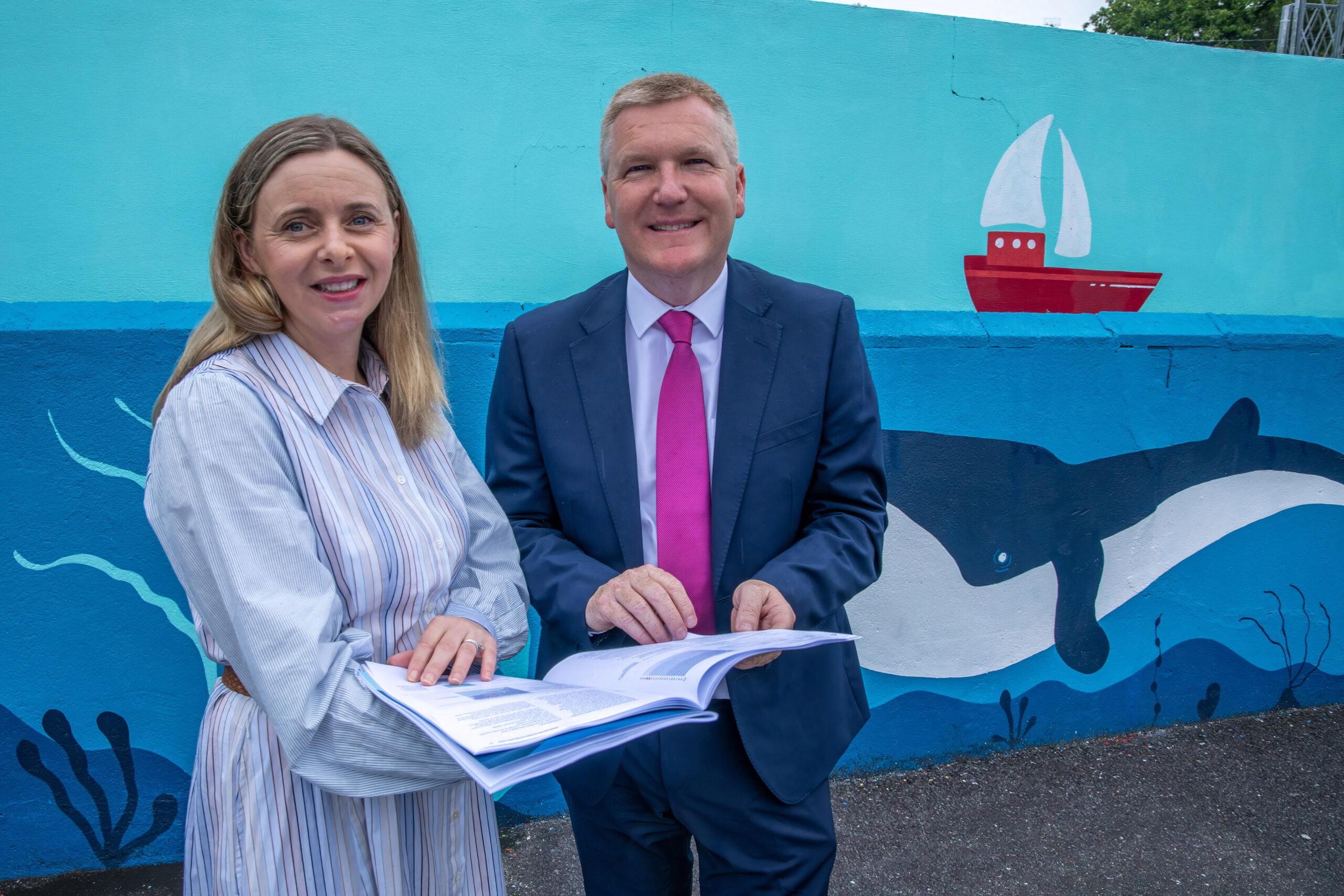A coalition of leading environmental non-governmental organisations and networks has revealed that Ireland can save its ocean biodiversity by spending approximately €55 million between 2024 and 2030 to reach its targets of protecting 30% of our seas and ocean.
Fair Seas has produced the first of its kind Marine Protected Areas (MPA) Finance Report in Europe highlighting the cost to conserve and restore vital marine ecosystems as well as identifying potential funding streams.
Ireland is one of more than 190 countries who have committed to protecting or conserving at least 30% of the planet’s land and ocean by 2030. Work is continuing on legislation to provide a statutory basis for the identification, designation, and management of MPAs in Ireland’s maritime area.
The Fair Seas Report ‘Sustainably Financing Ireland’s Marine Protected Area Network‘ estimates that of the €55 million needed to adequately fund MPA designation and ongoing management until 2030, approximately €7 million would be required over the next 12 months to reach the target of fully protecting 10% of Ireland’s ocean and seas.
Furthermore, the report shows how full protection of the marine ecosystem would be cheaper, and more effective, than partial protection. The report sets out operating expenditure including staff salaries, scientific studies, boat fuel and maintenance as well as capital expenditure like boat and car purchases, demarcation buoys, scuba diving equipment and surveillance equipment such as radar and drones.
The report also details possible next steps for the Government and assesses potential sources of funding relevant to Ireland. The options range from EU grants and philanthropic donations to revenue generating mechanisms and potential reallocations of funding.
It has been reviewed by international experts including Valerie Hickey, Global Director for Environment, Natural Resources and Blue Economy at the World Bank; Dr Rashid Sumaila, Professor of Ocean and Fisheries Economics at the University of British Columbia; and Dr Sarah Ryan Enright, Ocean Law and Governance Researcher, Charles Darwin Foundation. The report is supported by Blue Nature Alliance and its partners.
Valerie Hickey from the World Bank has written the foreword and says, “Marine biodiversity is essential if we’re to have a world without poverty. The ocean is threatened by overfishing, pollution and the destruction of coastal and deep sea habitats. However, the good news is that we can rebuild fish stocks, protect critical natural habitats and reduce pollution levels. This starts with meeting the commitments to protect 30% of the ocean by 2030. We know that more needs to be done and that more money is needed to do it. The report by Fair Seas is significant because we need to understand the capital and operating costs of establishing new protected areas of our ocean as well as identifying the menu of potential options to fill the funding gaps. When partners come together, the opportunities that emerge can resurrect a healthy ocean and pave the way for other countries to follow.”
Aoife O’Mahony, Fair Seas Campaign Manager says, “The key purpose of this report is to identify potential mechanisms which the Government could use to finance its 30×30 goal of creating an effective network of MPAs by the end of this decade. We have a very short timeframe to achieve this and it’s vital that all stakeholders work together. We need to be ambitious and act with urgency if we’re to protect our most valuable resource and combat not only the biodiversity crisis, but the climate crisis too. This report shows how a modest cost would reap considerable benefit for communities, the economy and nature.”
Karen Ciesielski, CEO of the Irish Environmental Network says, “This report provides a solid evidence base for the need for proper and sustained funding for MPA designation and implementation over the coming years as the Government aims to expand its MPA network from 8.3% to 30% by 2030. Inadequate funding for Ireland’s current MPAs is one of the main reasons they are failing to deliver for nature, so we are hoping that this new report helps inform Ireland’s budgetary discussions and debate over the summer, and results in this important piece of work being adequately resourced in the budget announcement in the Autumn.”

